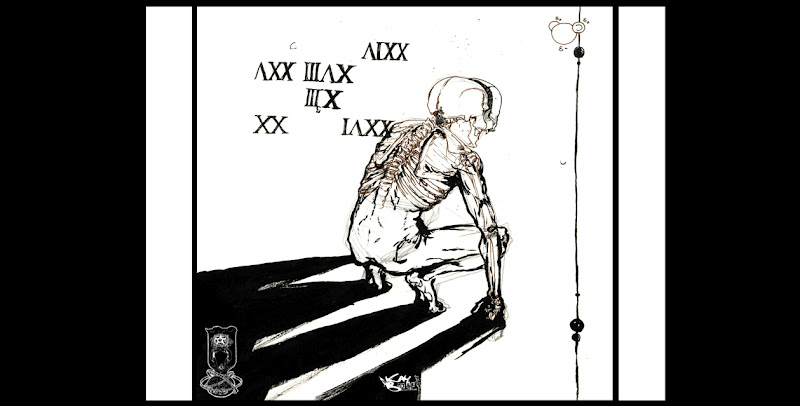As a curious young mind of Zambian (African) descent, living and brought up in Britain, I found that culturally I was never truly in sync with any traditions of my heritage other the respect of elders, which is generally - even though not implemented as much so where I've lived by natives - dogma everywhere.
But whilst reading and net-surfing as you do in this Golden Information Age, I found an African philosophy called Ubuntu ["I am what I am because of who we all are." (From a translation offered by Liberian peace activist Leymah Gbowee.)]. Which is from what I've read, a general African belief, although the word is South African, it is evident that many African cultures have taken this system on in the past, and even now in traditional villages.
When I found this, I felt like I had found something I could be proud of as an African having being taught everywhere that philosophies and great doctrines were only in Western cultures, which is no fault to anyone, - when in Rome, do as the Romans do - but finding this meant a lot to me, as its something I feel I could take on personally to raise my own self value as an a Zambian, as an African..
Ubuntu is recognised as being an important source of law within the context of strained or broken relationships amongst individuals or communities and as an aid for providing remedies which contribute towards more mutually acceptable remedies for the parties in such cases. Ubuntu is a concept which[ definitions by Judge Colin Lamont]:
- is to be contrasted with vengeance;
- dictates that a high value be placed on the life of a human being;
- is inextricably linked to the values of and which places a high premium on dignity, compassion, humaneness and respect for humanity of another;
- dictates a shift from confrontation to mediation and conciliation;
- dictates good attitudes and shared concern;
- favours the re-establishment of harmony in the relationship between parties and that such harmony should restore the dignity of the plaintiff without ruining the defendant;
- favours restorative rather than retributive justice;
- operates in a direction favouring reconciliation rather than estrangement of disputants;
- works towards sensitising a disputant or a defendant in litigation to the hurtful impact of his actions to the other party and towards changing such conduct rather than merely punishing the disputant;
- promotes mutual understanding rather than punishment;
- favours face-to-face encounters of disputants with a view to facilitating differences being resolved rather than conflict and victory for the most powerful;
- favours civility and civilised dialogue premised on mutual tolerance.


